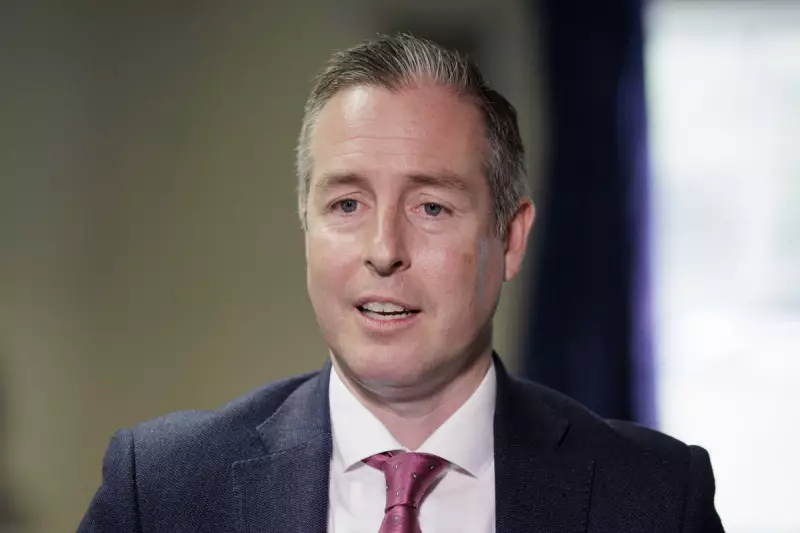
In a dramatic display of political dissent, pro-Palestinian protesters stormed the heart of Northern Ireland's devolved government on Monday, bringing their demands for an end to Israeli ties directly to Stormont's doorstep.
Great Hall Occupation
The protest saw activists occupy the iconic Great Hall at Parliament Buildings, unfurling banners and chanting slogans that echoed through the historic space. The demonstration targeted what organisers called Northern Ireland's "complicity" in the ongoing Gaza conflict.
Political Demands
Protesters presented three key demands to political representatives:
- Immediate severing of all economic and political ties with Israel
- Official condemnation of Israeli military actions in Gaza
- Implementation of sanctions against companies operating in illegal settlements
SDLP Response
The Social Democratic and Labour Party (SDLP) engaged with demonstrators, with representatives meeting protest leaders to discuss their concerns. The party acknowledged the depth of feeling around the humanitarian situation in Gaza while emphasising the importance of peaceful political engagement.
Security Implications
The breach of Parliament Buildings raises questions about security arrangements at Stormont, particularly during periods of heightened political tension. The incident occurred as the Assembly continues to navigate complex power-sharing arrangements.
Broader Context
This protest forms part of growing international pressure on Western governments to take stronger stances against Israeli military operations. Similar demonstrations have occurred at political institutions across the UK and Europe, reflecting deepening public concern about the humanitarian impact of the conflict.
The Stormont demonstration highlights how international conflicts increasingly resonate within devolved UK politics, testing the diplomatic positions of regional governments and creating new challenges for political leaders navigating local and global concerns simultaneously.





